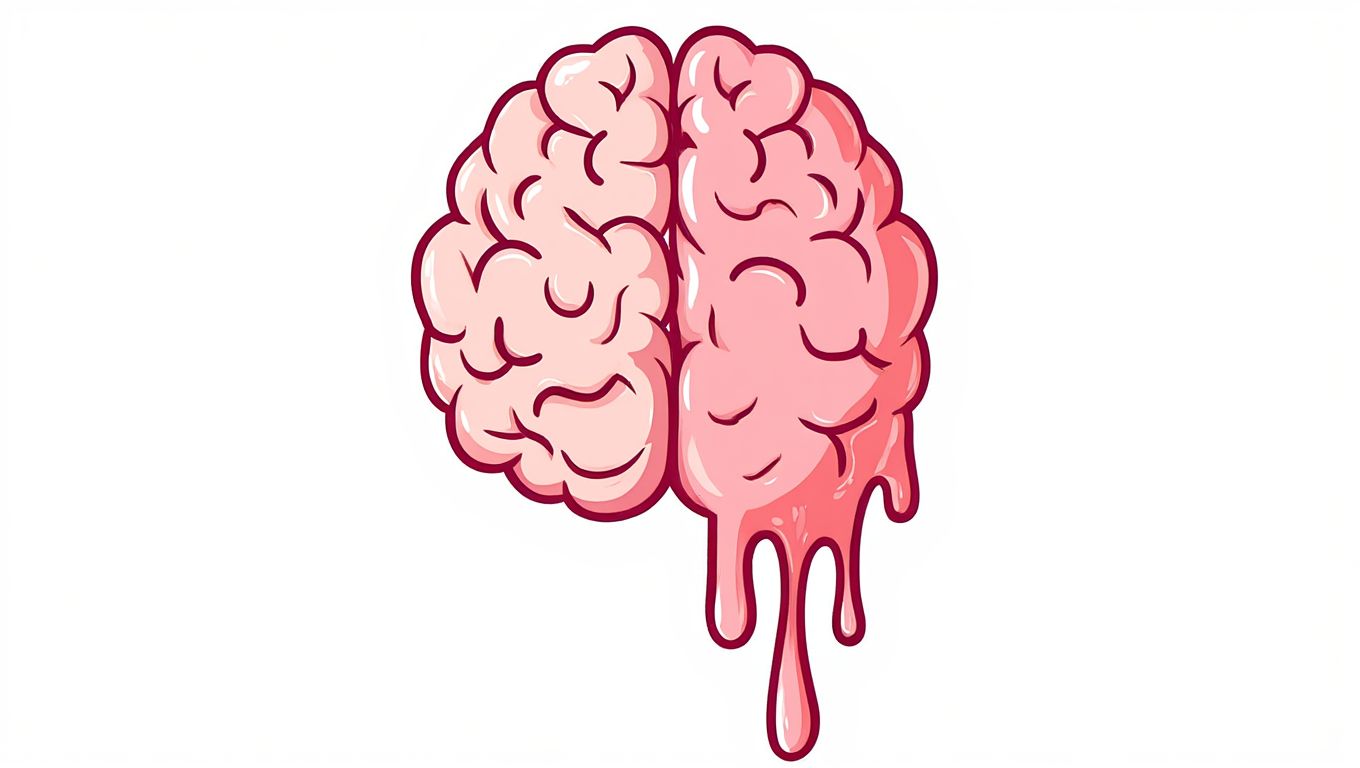🧠 10 weeks is enough to rejuvenate your brain by 10 years
Follow us on Google News (click on ☆)
A clinical study conducted by McGill University revealed that just ten weeks of training is enough to restore essential brain functions. Participants aged 65 and older used the BrainHQ application for thirty minutes per day. The results showed a remarkable improvement in their "cholinergic system." This system, which uses a crucial brain chemical for memory and attention, had regained activity comparable to that of people ten years younger.

The imaging technology used for this study is a true innovation. The researchers used a very special PET scanner with a specific contrast agent, which allows direct visualization of the reserves of this cholinergic system in the brain. This method, rare and available in only a few centers worldwide, enabled highly precise measurement of brain activity before and after training.
Unlike more traditional brain activities like crossword puzzles, BrainHQ offers exercises based on processing speed, which constantly adjust to the user's level. This approach specifically stimulates "neuroplasticity," that is, the brain's ability to reshape itself and create new circuits. Dr. Etienne de Villers-Sidani emphasizes that this characteristic is what differentiates targeted training from more passive mental activities.
The implications of this research are very promising for preventing cognitive decline. Since Alzheimer's disease is precisely characterized by a marked deterioration of the cholinergic system, these results explain why brain training could reduce the risk of dementia. The team is already preparing a new study to evaluate the effectiveness of this method in people showing early signs of memory disorders.
The cholinergic system
The cholinergic system is a network of nerve cells in the brain that communicate with each other primarily using a chemical substance called acetylcholine. This chemical messenger plays a fundamental role, especially in areas of the brain related to learning and memory.
Acetylcholine enables neurons to transmit information to their connections, the synapses. Its action is crucial for staying awake, maintaining attention, and forming new memories. When this system functions well, it facilitates the recording of information into long-term memory.
As we age, acetylcholine production tends to decrease naturally, which partly explains the memory problems that older people may encounter. This progressive decline also affects thinking speed and the ability to concentrate on complex tasks.
In the case of neurodegenerative diseases like Alzheimer's, the cholinergic system deteriorates at an accelerated rate. Current medications for this disease often aim to artificially increase acetylcholine levels. The cognitive training approach, on the other hand, offers a non-pharmaceutical alternative to preserve and stimulate this essential system.